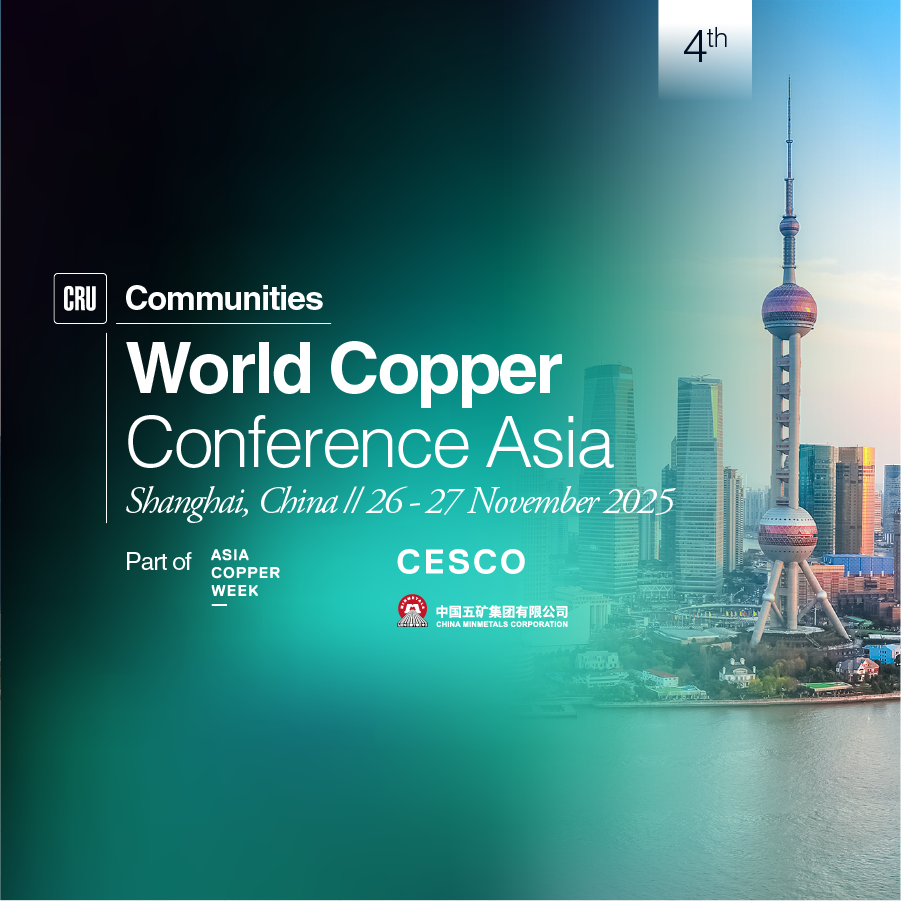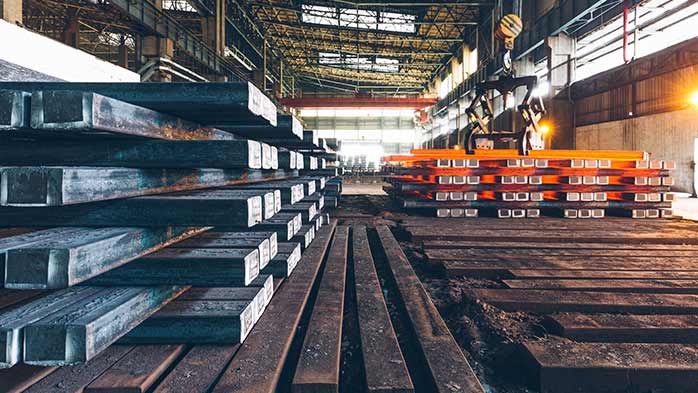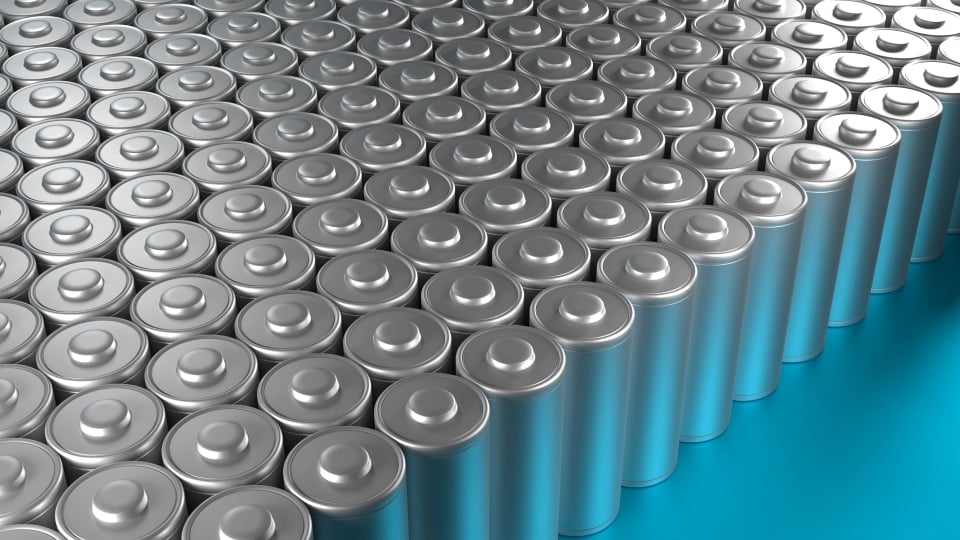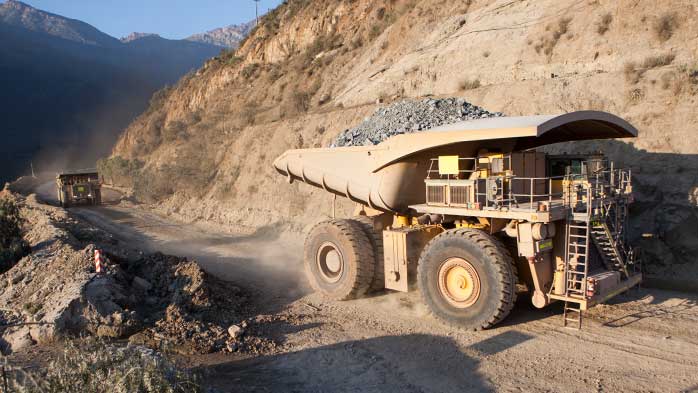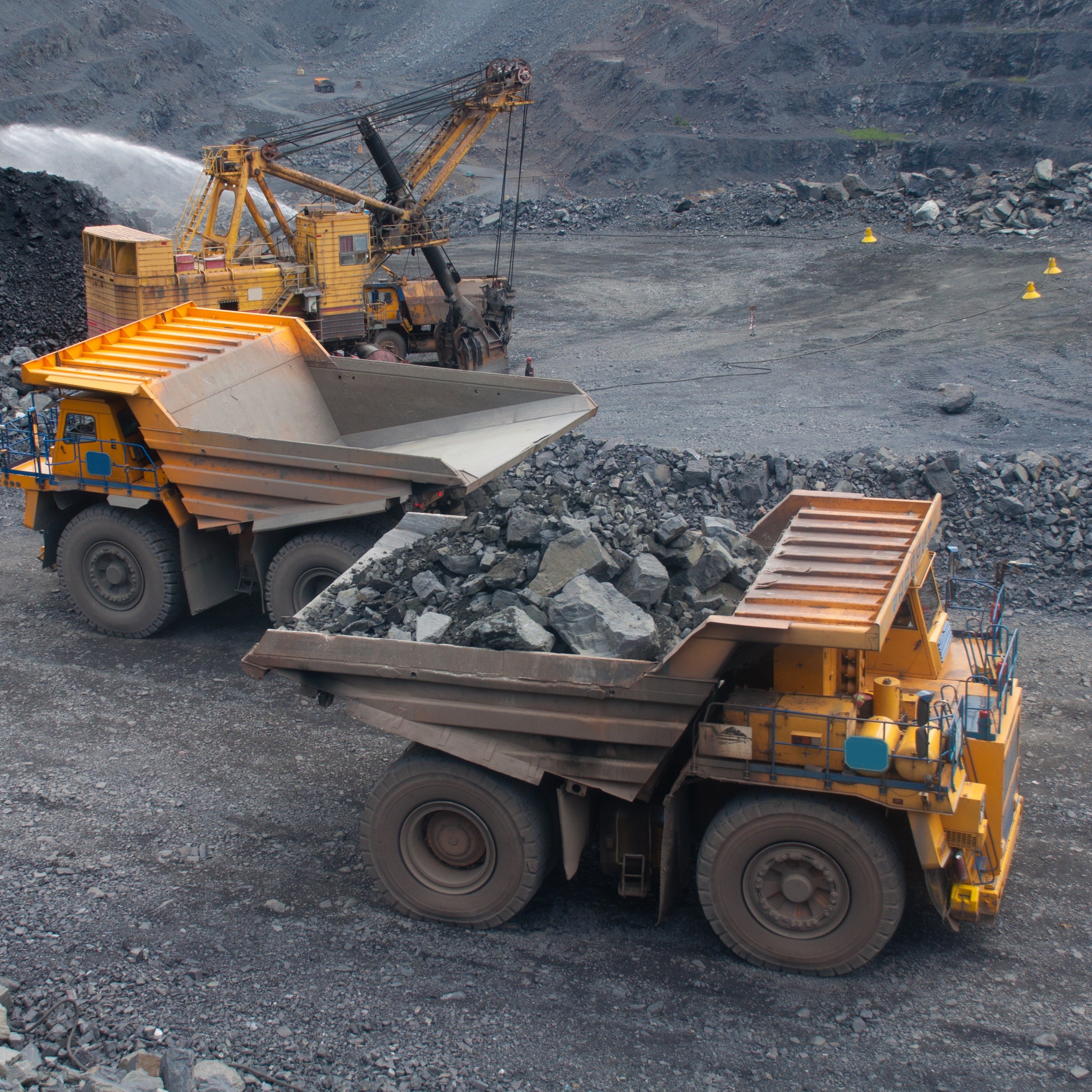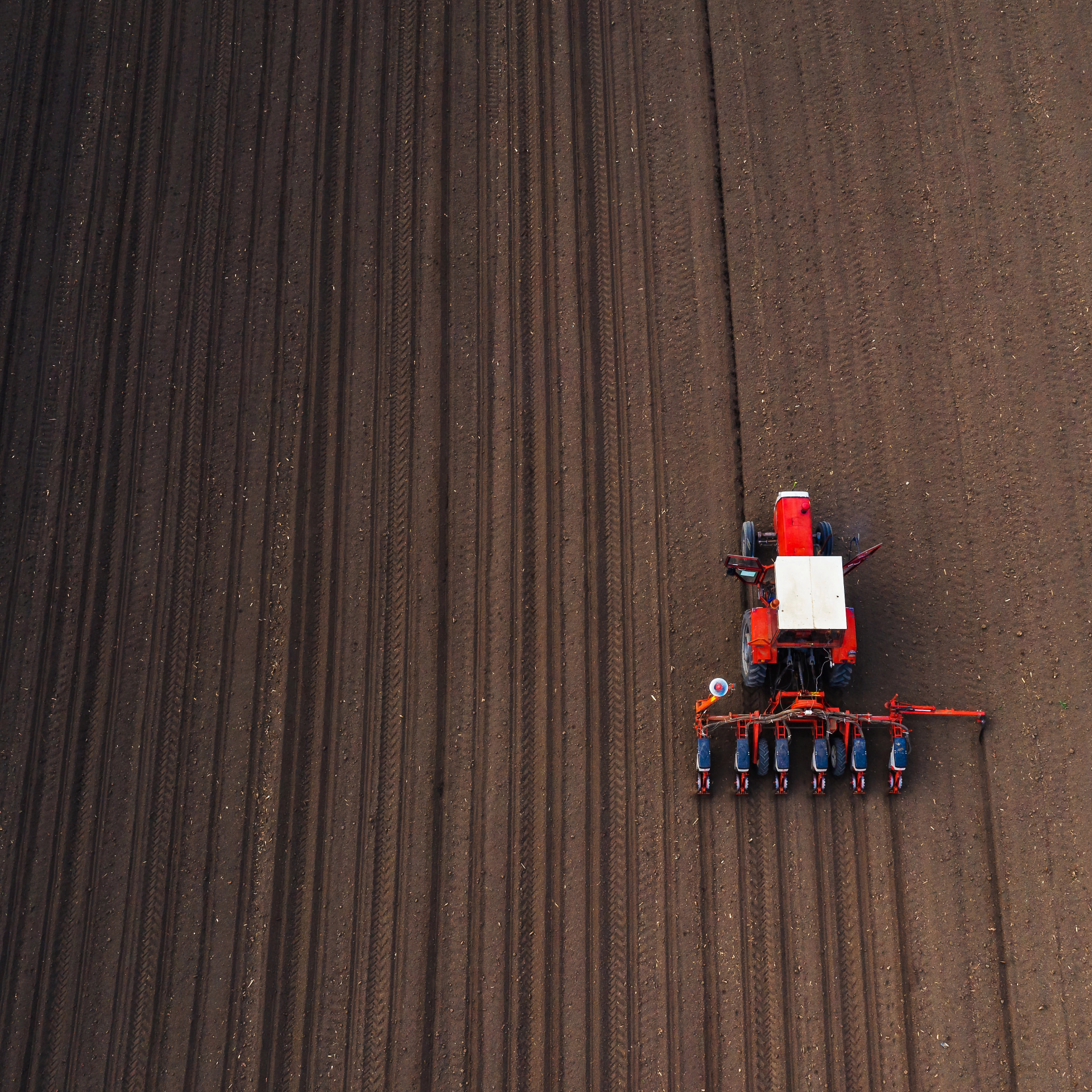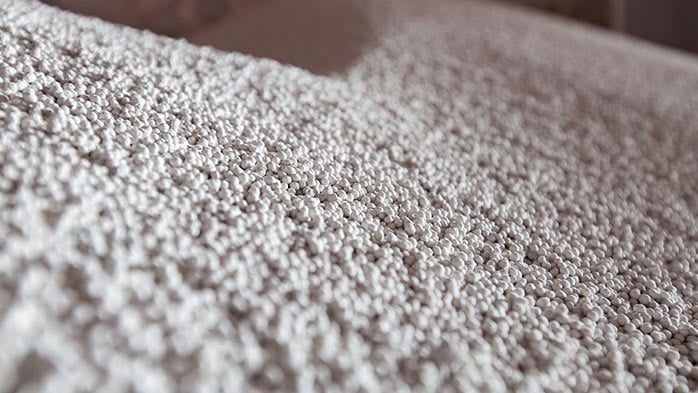After a wait of nearly six months since the expiration of China’s 2022 import contract, Canpotex finally settled the 2023 agreement with the country’s importing consortium on 6 June at $307 /t CFR. The new deal saw rival exporters subsequently release now almost customary public statements, expressing their dissatisfaction with the agreed price.
Despite this, persistent weakness in global MOP demand, increasing supply competition, and still falling spot prices, meant China’s importing consortium held a vastly stronger position in negotiations. Canpotex’s agreement to a contract price more than $80 /t below prevailing Southeast Asian standard grade spot prices, tacitly acknowledges its considerably weaker hand. Yet in securing a crucial outlet for volumes, and at a price level still well above marginal costs, the exporting agent may have dealt a reprieve for its members Nutrien and Mosaic and their capacity reactivation plans. However, Canpotex’s competitors may see this as more aggressive pricing activity. Whether the new contract successfully establishes a price floor will depend heavily on the next steps of the exporter itself and its member producers.
China’s supply comfortable in 2023 even without contract
Despite almost six months elapsing without the settlement of a fresh contract, there appeared to be little desire among the importing consortium to strike a new deal. Imports, primarily from non-contract sources (such as Laos and overland from Russia and Belarus), jumped 20% y/y in the first four months of 2023. Domestic sales from producers in Qinghai were also strong during Q1 as they sold from inventory. Finally, country-wide stocks still appeared ample in June, both at ports and inland, after significant build up during 2022, and very little depletion caused by spring application.
Rapidly falling Chinese domestic prices added further pressure on exporters
Rapidly declining Chinese port wholesale prices further complicated matters for exporters. This resulted in little interest from the importing consortium in settling a new contract until a level at which importers would generate positive sales margins could be established. By June, CRU estimates a theoretical breakeven contract price for importers had already dropped to around $320 /t CFR. Achieving a headline contract price above this would have proven near-impossible for exporters. Moreover, the Russia-China cross-border price had already fallen to $330 /t DAP, with rumours swirling of product trading $30 /t lower. Again, it would have been difficult for suppliers to settle a 2023 contract price much higher than this level.
Consequently, a headline price of $307 /t CFR is far more aligned with these local pricing dynamics. Indeed, the disparity between prevailing average port wholesale prices and the new contract at the time of the 2023 settlement (a gap importers need to cover handling costs) was its narrowest since the 2015 agreement. This indicates concessions on the new headline price were not entirely from the supplier side.
Nevertheless, some of Canpotex’s peers have expressed disappointment due to the discount of over $80 /t compared to the average spot prices of standard grade in Southeast Asia. As has seemingly become custom after a new settlement, some released public statements expressing dissatisfaction with the new headline price. The most pointed comment (in a bizarre role-reversal from the 2021 contract) came from BPC which described it as “devastating for the market equilibrium” and that the price did “not reflect market fundamentals”. Uralkali also expressed disappointment, stating the price did “not meet [its] expectations”.
Canpotex settling first highlights pressure on the exporter
Despite the acrimony generated by Canpotex’s $307 /t CFR settlement, the level agreed is reflective of China’s domestic pricing dynamics. In addition, it suggests Canpotex probably held the view spot prices would decline further over the coming months.
Consequently, in settling the contract now at a level well below prevailing spot prices, the Canadian exporting agent has attempted to establish a price floor for the MOP market. Crucially, one that is significantly above operating costs of its members Nutrien and Mosaic.
Yet the 2023 contract timing and price certainly points to significant concessions made by Canpotex and hints at pressures it may be facing.
Poor demand in major end markets, which prefer standard grade MOP, has afflicted the exporter so far in 2023. In India and Southeast Asia, ongoing affordability challenges continue to suppress demand for fresh product. In China, although import demand has proven strong year-to-date, Canada’s market share during the first four months of the year has contracted to its lowest level since 2014. The East Asian nation has ramped up imports from Russia, Belarus and Laos since mid-2022, severely squeezing Canadian volumes.
Although Nutrien and Mosaic possess substantial compaction capacities to convert a large portion of their product to granular grade, both companies need standard grade outlets. With Southeast Asian and Indian demand remaining weak, China is the only other consuming nation which could realistically receive more than 1 Mt of standard grade MOP from Canada in 2023. Without a supply contract in place, Canpotex cannot deliver significant volumes to China – hence the 2023 contract is an attempt to secure a major outlet for its standard grade product.
More broadly, Canpotex may have faced pressure to settle a China contract sooner to accommodate Nutrien and Mosaic’s idled capacity reactivation plans. Both companies have committed to returning all previously idled capacity to service, although have slowed plans somewhat since their inception. Without supply contracts in place in India and China, these would likely have been delayed further.
Canpotex’s next steps will determine whether it has established a new price floor
Canpotex has certainly elected to break with convention in settling the 2023 China contract well below prevailing regional spot prices. However, in relation to domestic Chinese pricing dynamics, the $307 /t CFR level is better aligned with these. Combined with persistent weak demand so far in 2023 – particularly in standard grade markets – and spot prices facing consistent downwards pressure, CRU believes it was unlikely a significantly higher headline price could have been achieved.
Yet Canpotex’s competitors may view this as a sign the Canadian exporting agent could be taking a more aggressive approach to pricing. It is almost certainly intended to recapture lost market share in China. Moreover, it may be an attempt to place price pressure on BPC, given currently elevated production costs within Belarus and expensive rail freight to China.
Nutrien and Mosaic also do not appear willing to indefinitely postpone their capacity reactivation plans just yet. Both companies may need Canpotex to act more aggressively on price to facilitate the higher planned volumes during 2023, particularly amid still tepid demand and a recovery in Belarusian export volumes.
If this is the case, it would mark a significant departure from the supply management behaviour exhibited by Canpotex and its member producers over much of the past decade. Although this has not always led to significantly elevated prices, it has – in CRU’s opinion – generally prevented MOP prices from falling below industry marginal costs.
Canpotex has sought to establish a floor for falling spot prices with the settlement of the 2023 China contract. Whether this is ultimately successful will depend heavily on the next steps of the exporter itself and its member producers.





